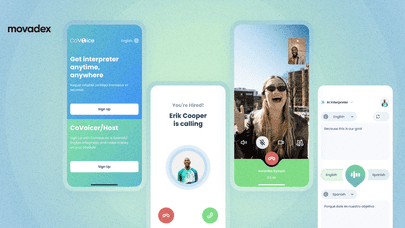It’s no fun when the economy isn’t doing well. In the United States alone, there have been as many as 48 recessions dating back to the Articles of Confederation. A significant decline in economic activity spread across the economy poses serious challenges for marketers who try to promote products or services to people who are willing to spend much less money than usual. Slowdowns and downturns in the economy, even though not as drastic as recessions, still impact businesses and their marketing efforts. Companies need to understand how to cope with unstable market conditions and derive solutions aimed at their survival and potential success. Although it might seem too hard at first, making the most of your budget during, say, a recession isn’t impossible. Amidst the 2008 recession, numerous companies managed to thrive, including Netflix, Citigroup, Lego, Groupon, Mailchimp, TeamLogic IT, and Warby Parker. Back in the day, Netflix was not a big media company it is today. In response to the decaying video rental industry, the company introduced the streaming service which has skyrocketed since then. Another way to battle economic uncertainty and distress utilizes markets abroad. Lego started selling more actively in Europe and Asia and ended up reaching an all-time high profitability. Knowing specific strategies and how to implement them will help your business flourish, even when the economy is failing to operate efficiently.
Comprehend the recession psychology.
Needless to say, company’s satisfactory performance does not fully depend on competent advertising, even though it plays an important role. Rising or declining sales stem from the level of consumers’ disposable income, or income that remains after taxes to be spent or saved as one desires. People need to feel confident enough to spend their money on things that aren’t necessities they can’t live without. The offerings that your company makes have to be relevant, highly attractive, and advantageous to those who choose to take them. Your marketing team should carefully consider the 4 Ps (product, price, place, promotion) and ensure that the mix adheres to the conditions in the market. In addition to that, it’s important to understand which category your product or services belong to: essentials, treats, postponables, or expendables. Gaining understanding of these marketing and economic aspects will be a serious game changer.
Think long term.
Panicking won’t help in a critical situation. Instead, it’s crucial to assess opportunities first. Depending on your customer segments and their corresponding needs and expectations, you should either part with or add certain products. Any strategy you select is going to cost money. However, given the situation in the economy, it’s reasonable to think long term and balance the budget. Overspending should be avoided at all costs, but not investing enough into your marketing efforts will likely fail to lead to favorable outcomes. Consumers should be able to trust you which is why the way you communicate with them matters. The rhetoric you choose will determine whether or not your target audience will feel like it’s constantly being sold or offered a viable solution to their need/problem. While it’s undoubtedly challenging to stay afloat during a recession, slowdown, or downturn, many companies out of there of all sizes and across different industries have proved that it’s more than possible to survive and even thrive.




